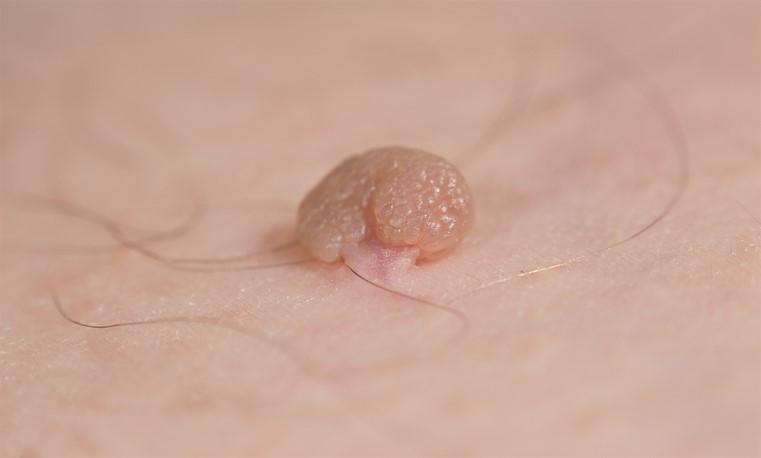Diabetes is a long-term condition that occurs when there is too much sugar in the blood because your body is unable to process it properly.
In a person without diabetes, the pancreas secretes the hormone insulin to help move sugar into the cells of the body. In someone with diabetes, the pancreas either doesn’t make enough insulin or the body doesn’t use it as it should. Because of this, sugar builds up in the blood. Diabetes, type 2 in particular, is often caused by excessive weight or obesity. It can however be treated with weight loss and in some serious cases doctors will prescribe weight loss surgery Newcastle to help overcome it.
Skin tags are small growths on the skin that hang down from the stems. They are medically harmless, but they can be annoying. Because of this, some people choose that they have been removed.
Those with diabetes may develop signs of skin, but these growths are also associated with a number of other conditions and lifestyle factors. So if you get skin tags, it doesn’t necessarily mean you have diabetes. However, if skin tags appear, it is a good idea to see your doctor. They can recommend trials for diabetes .
What does the study say?
A 2007 study found that there was an increased risk of diabetes in people who had multiple skin tags . It has been recommended that healthcare professionals suspect diabetes in people with skin tags.
A later study, in 2015 , came to the same conclusions, which strengthened the connection.
A recent study came to the conclusion that the skin tags have been an indicator of high cholesterol levels in people with type 2 diabetes.
What are the reasons for this?
The reason for skin tags in people with diabetes is unclear. This appears to be related to the body’s insulin resistance, but more research is needed to confirm this. People who are overweight are also prone to developing skin tags. Obesity is also linked to diabetes, so this could be another factor in a person developing skin tags.
Skin tags treatment
Skin tags are completely harmless, so there is no medical need to have them treated. However, some people find them annoying or want to remove them for cosmetic reasons.
Your doctor may be the best option to remove the skin tags for you. There are a number of ways to do this:
- surgical removal (using scissors or a scalpel to remove the skin tag)
- cryotherapy (freezing the skin tag with liquid nitrogen)
- Ligation (tying a surgical thread around the base of the skin tag and cutting off its blood supply)
- electrosurgery (using high-frequency electrical energy to burn a skin tag)
Some people consider natural remedies to be effective in removing skin tags, however the effectiveness of these remedies has never been studied. Some natural remedies claimed to be beneficial are apple cider vinegar, tea tree oil, and lemon juice.
When using any of these methods, there is a risk of infection. This is worth considering because infections can be more damaging for people with diabetes. Attempting to remove skin tags on your own increases the risk of infection.
If the skin tags are related to diabetes, you may find, with stabilized insulin, that the skin tags are clear and not repeated as often. This may be the preferred removal option as it avoids the risk of infection.
In addition, while the skin tags have not recurred after removal, you may find that new ones are growing nearby if you do not treat the root cause of the problem. You can improve your skin quality by drinking cinnamon water regularly.
Takeaway
Research shows that people with diabetes are more likely to develop skin tags than others. However, this does not mean that if you have skin signs, you have diabetes. Skin tags are associated with a number of other conditions.
You should see your healthcare provider if you develop skin signs. Your doctor may want to check for diabetes to rule out this as a cause. Be especially vigilant about visiting your doctor if you have any other risk factors for diabetes, such as being overweight or having a family history.
If you decide that your skin marks have been removed, you should be aware of the risk of infection and your doctor should complete the procedure.



